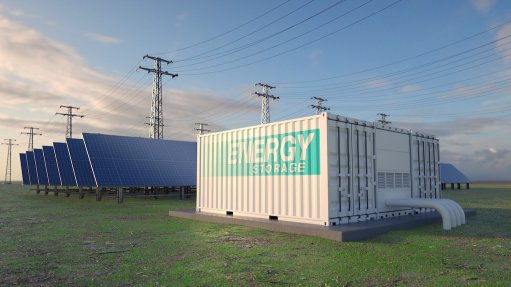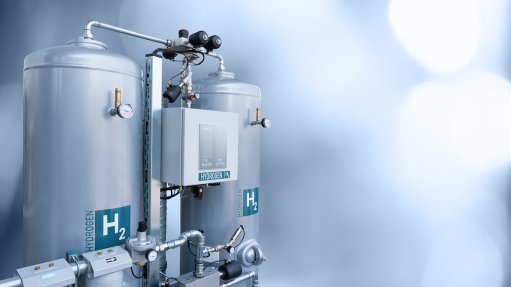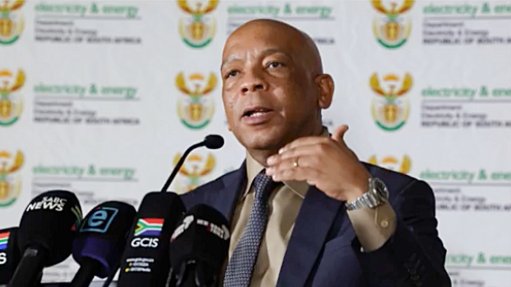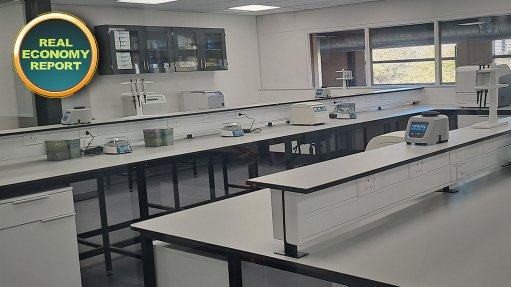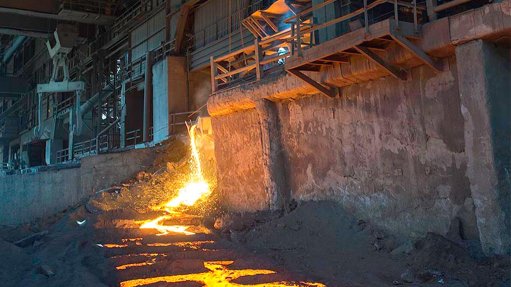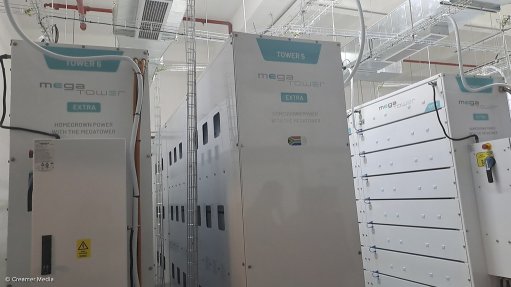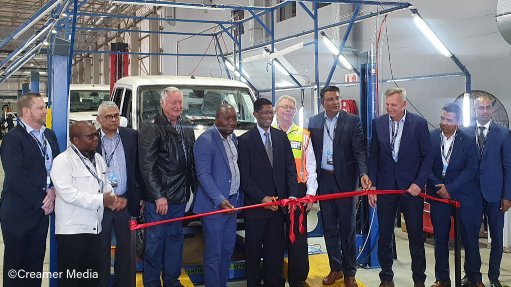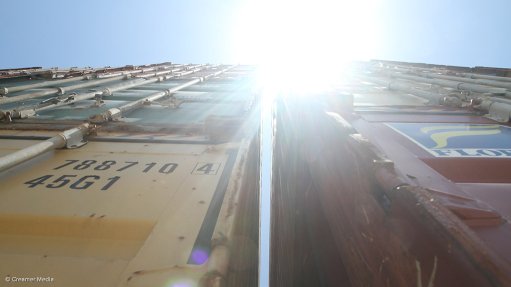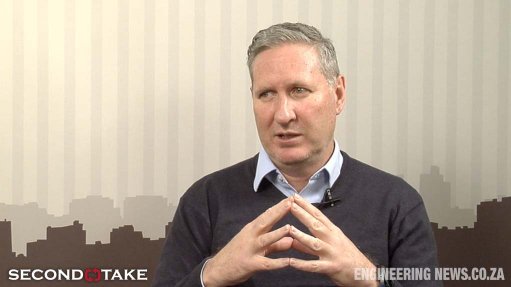Enabling a Sustainable Future – Delivering on Africas Renewable Energy Agenda
This article has been supplied.
African economies have in recent years experienced a surge in business activity, thanks in part to the emergence of an increasingly prosperous middle class. This consumer boom has not only strained retail supply chains but has placed overwhelming demands on national utilities. The World Bank states that more than 25 African countries face an energy crisis, yet the continent abounds with untapped renewable energy resources. Throughout the continent, electricity supply is constrained, and often erratic with damaging ramifications to local economies and crucial infrastructure such as hospitals, telecommunication networks and water supplies to name a few. These challenges within the energy sector are exacerbated by the absence of contemporary energy services and more often than not, poor infrastructure. The need, therefore, to seek out alternative energy solutions is now an imperative for the continent
Although mainly still dependant on traditional sources of fossil fuel, Africa is rich with potential for wind, solar, geothermal and hydropower energy. Forecasts predict that by 2040 renewable energy may well provide more than 40% of all power generating capacity on the continent if decisive, innovative action is taken in the coming years. As it stands, South Africa derives roughly 4% of its energy supply from renewable sources, leaving a widespread opportunity to, for example, harness the extensive wind potential in the Western Cape or promising solar potential in the Northern Cape. Furthermore, South Africa is a solar-rich nation, known to have amongst the highest levels of solar resource worldwide.
According to Blake Ferguson, COO Barloworld Transport at supply chain specialist Barloworld Logistics, supply chains play an integral part in the growth and development of this sector. Renewable energy processing plants utilising the power of the wind or sun are generally located far from consumer demand and require massive, precision-engineered components to operate successfully. This geographic dispersion needs supply chain expertise coupled with a thorough understanding of health and safety requirements to deliver the equipment required to utilise such resources effectively.
“Whether the project is building a dam or erecting a wind farm, nearly all materials required need some form of road transportation. The commonly massive machinery requires adept handling and skilled trucking to manage the load size, distance and often rural nature of the roads traversed between a port and final destination. When building new infrastructure for a sustainable solution to the looming energy crisis it is important that the supply chain is not only effective and capable, but mindful of the unique challenges within such an industry,” explains Ferguson
“Transporting renewable energy components such as wind turbine towers, or blades that reach hundreds of meters in length, is a highly complex process. For example, when fully constructed such blades are unable to fold or bend, restricting the route a truck can take as well as the radius of turns it can make, confining travel options to elongated routes to avoid passing under highway overpasses and bridges. Certain elements, such as photovoltaic panels, can be compromised in transit if not properly packaged and transported,” he continues.
The scope, demands, and indeed opportunities, offered by renewable energy resources throughout the continent are both daunting, and alive with endless possibility. As more and more industries and nations turn to such resources as vital for their futures, the need for correspondingly sustainable and capable supply chain solutions will become more and more critical. The way in which the supply chain opens geographies, enables operations and responds to ever-changing demands may well make or break the commercial viability of an industry only just beginning to test the reaches of its application and capability.
Comments
Press Office
Announcements
What's On
Subscribe to improve your user experience...
Option 1 (equivalent of R125 a month):
Receive a weekly copy of Creamer Media's Engineering News & Mining Weekly magazine
(print copy for those in South Africa and e-magazine for those outside of South Africa)
Receive daily email newsletters
Access to full search results
Access archive of magazine back copies
Access to Projects in Progress
Access to ONE Research Report of your choice in PDF format
Option 2 (equivalent of R375 a month):
All benefits from Option 1
PLUS
Access to Creamer Media's Research Channel Africa for ALL Research Reports, in PDF format, on various industrial and mining sectors
including Electricity; Water; Energy Transition; Hydrogen; Roads, Rail and Ports; Coal; Gold; Platinum; Battery Metals; etc.
Already a subscriber?
Forgotten your password?
Receive weekly copy of Creamer Media's Engineering News & Mining Weekly magazine (print copy for those in South Africa and e-magazine for those outside of South Africa)
➕
Recieve daily email newsletters
➕
Access to full search results
➕
Access archive of magazine back copies
➕
Access to Projects in Progress
➕
Access to ONE Research Report of your choice in PDF format
RESEARCH CHANNEL AFRICA
R4500 (equivalent of R375 a month)
SUBSCRIBEAll benefits from Option 1
➕
Access to Creamer Media's Research Channel Africa for ALL Research Reports on various industrial and mining sectors, in PDF format, including on:
Electricity
➕
Water
➕
Energy Transition
➕
Hydrogen
➕
Roads, Rail and Ports
➕
Coal
➕
Gold
➕
Platinum
➕
Battery Metals
➕
etc.
Receive all benefits from Option 1 or Option 2 delivered to numerous people at your company
➕
Multiple User names and Passwords for simultaneous log-ins
➕
Intranet integration access to all in your organisation






